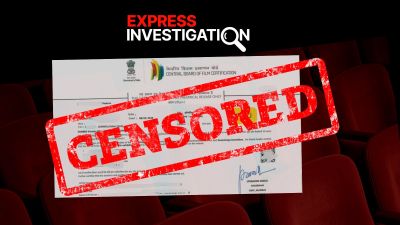In tests, AIDS vaccine seemed to increase risk
In a puzzling and potentially troubling development, an AIDS vaccine tested in a closely watched trial might have increased...

In a puzzling and potentially troubling development, an AIDS vaccine tested in a closely watched trial might have increased the risk among vaccine recipients of becoming infected with HIV, researchers reported on Wednesday at a scientific meeting in Seattle.
But the researchers said not enough data existed to determine the meaning of the findings about the vaccine, which is made by Merck.
The increased risk was principally among a group of people who had pre-existing levels of immunity to a common cold virus known as adenovirus type 5, which was modified to become a critical part of the vaccine. Researchers emphasised that the vaccine itself could not cause AIDS, but one theory is that the cold virus may have activated the immune system in some way to make certain recipients more susceptible to becoming HIV-infected when they were exposed to the AIDS virus.
But participants at the meeting also emphasized that the findings could be a statistical fluke and that nonbiological factors might have accounted for the difference. Examples of such factors are rates of circumcision and sexual practices among trial participants.
In late September, Merck unexpectedly halted the trial of its experimental HIV vaccine because it failed in its two main objectives, to prevent infection and to lower the amount of HIV in the blood among those who became infected.
The vaccine was being tested among 3,000 volunteers at high risk of developing AIDS in nine countries, including those at immunisation centers organised by the National Institutes of Health in the United States.



- 01
- 02
- 03
- 04
- 05



























